Debate Over Crimea Clouds Ukraine Peace Talks as US Signals Growing Frustration
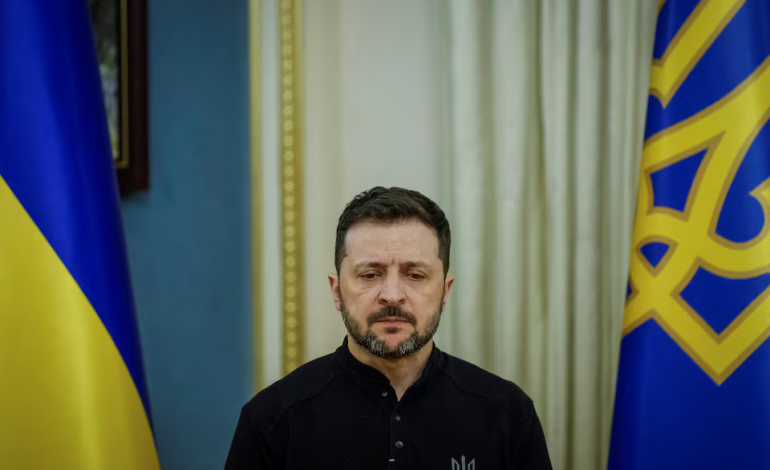
Efforts to broker peace in Ukraine have hit a major hurdle following renewed tensions between US President Donald Trump and Ukrainian President Volodymyr Zelensky, centering on the long-standing dispute over the Crimean peninsula.
The disagreement has reignited debate over whether Ukraine should recognize Russia’s annexation of the territory—a move many Western nations view as illegitimate under international law.
The latest round of strain began after Zelensky reaffirmed that Ukraine would not recognize Russia’s control of Crimea, stating that doing so would violate the country’s constitution. In response, Russian officials accused the Ukrainian leader of undermining diplomacy, with Foreign Ministry spokeswoman Maria Zakharova saying Zelensky “lacks the capacity to negotiate” and suggesting European arms supplies were fueling Kyiv’s resistance.
President Trump echoed Moscow’s frustration, posting on Truth Social that Zelensky’s statements were “very harmful to the peace negotiations with Russia,” and warned Ukraine could face prolonged conflict unless it makes concessions. Trump has increasingly emphasized that both sides must compromise to avoid a drawn-out war, hinting that continued US mediation depends on visible progress.
Crimea, annexed by Russia in 2014, remains a flashpoint in diplomatic talks. Trump has described it as a settled matter, saying, “Crimea was lost years ago,” while the Kremlin has welcomed the alignment of views between Trump and Russia on the peninsula’s status.
Zelensky, however, has remained resolute, sharing a past US declaration rejecting the annexation and insisting that Ukraine:
“Will not legally recognize the occupation of Crimea.”
He emphasized Kyiv’s readiness for talks but only under the condition of full respect for Ukrainian sovereignty.
The escalating rhetoric follows a meeting in London aimed at reviving peace talks, which was downgraded after US Secretary of State Marco Rubio pulled out. A US envoy attended in his place, though sources suggested the administration viewed the timing as premature for high-level engagement.
Meanwhile, US Vice President JD Vance issued a stark warning, suggesting Washington could step back from negotiations if neither side agrees to the current framework, which reportedly includes provisions for a ceasefire and recognition of territorial realities on the ground.
Adding to the pressure, Polish President Andrzej Duda suggested that both Kyiv and Moscow will need to make difficult compromises.
“Ukraine will also have to step down in some sense,” he told Euronews, while reaffirming support for a peaceful resolution.
Tensions were further inflamed when Russian missile strikes hit Kyiv and Kharkiv shortly after Trump’s social media comments, killing at least nine people and injuring dozens. Both sides had accused each other of breaking a short-lived Easter ceasefire, underscoring the volatility of the situation.
Despite setbacks, Trump has maintained optimism that a resolution is within reach, asserting that “we are very close to a deal.” However, the stark divide over Crimea remains one of the most significant obstacles, with Ukraine’s leadership showing no signs of shifting from its constitutional position.

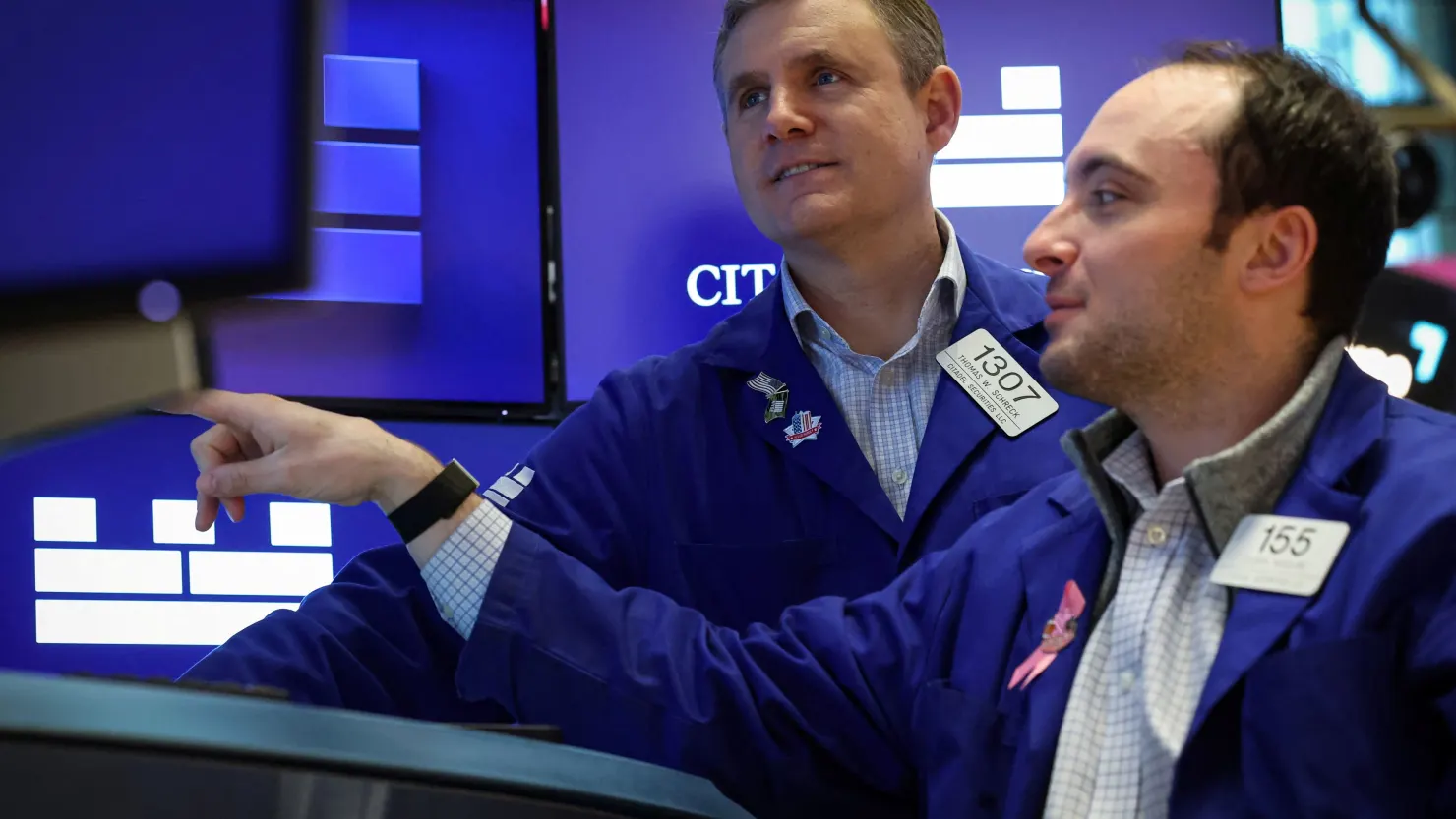
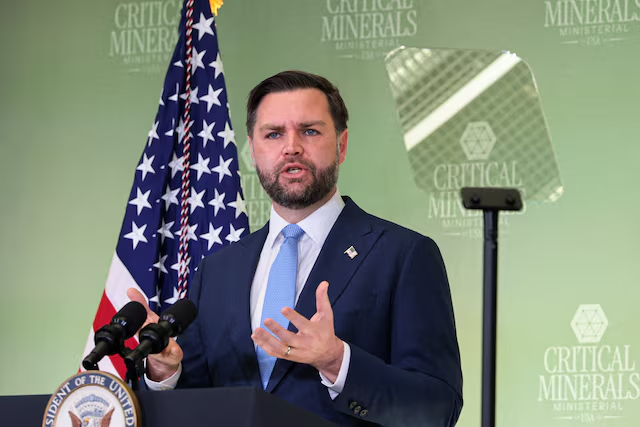
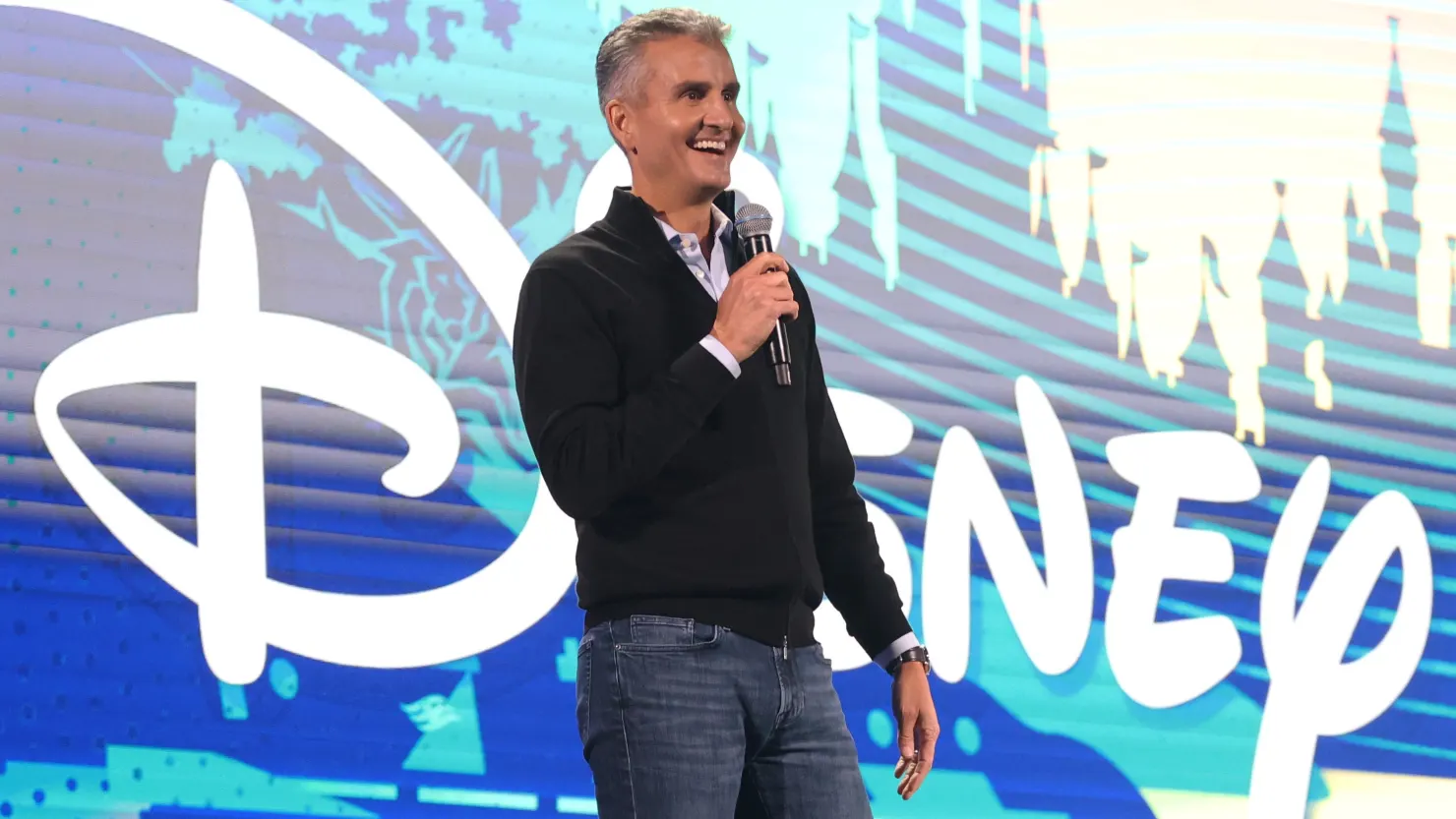
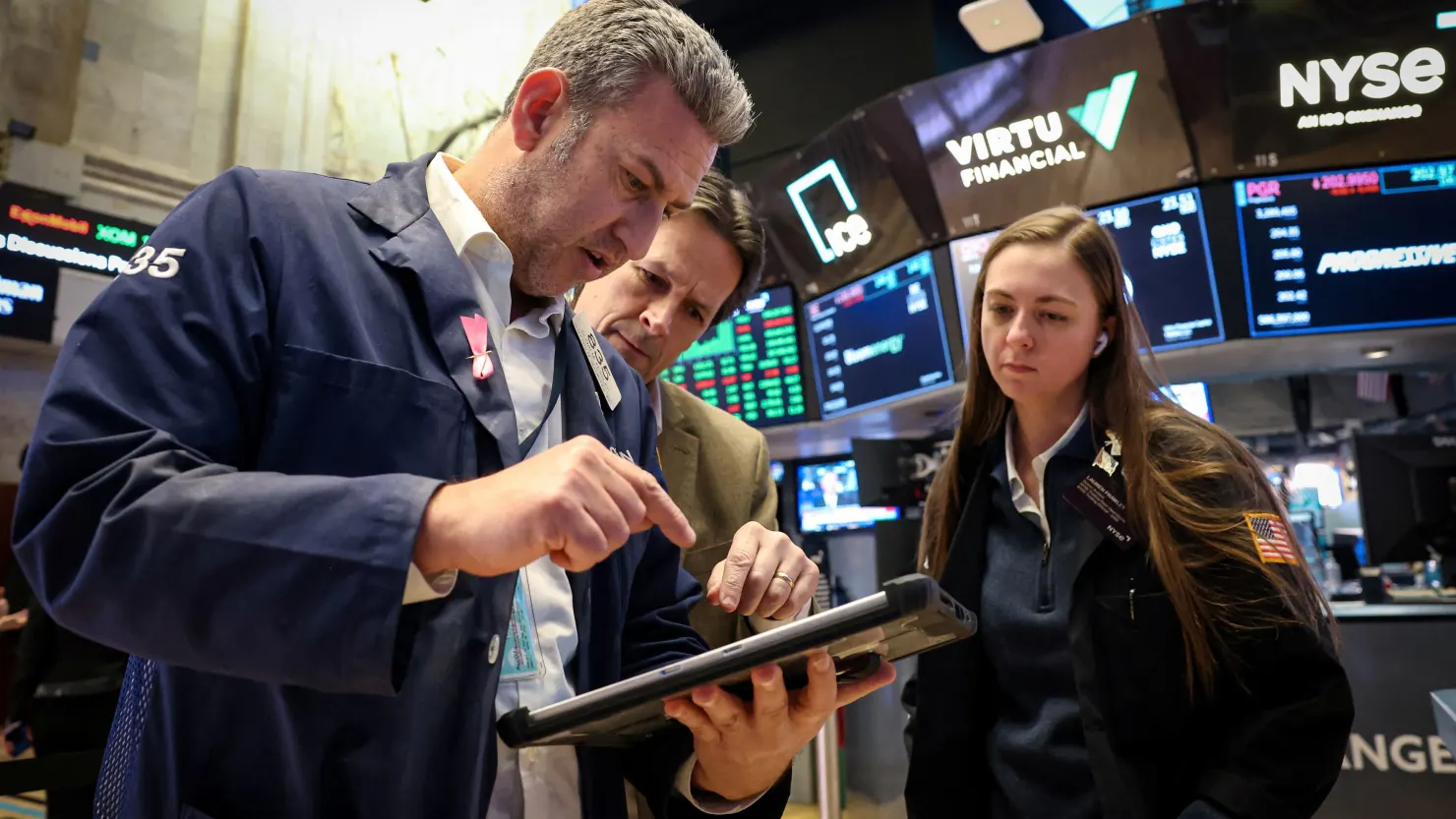




The latest news in your social feeds
Subscribe to our social media platforms to stay tuned